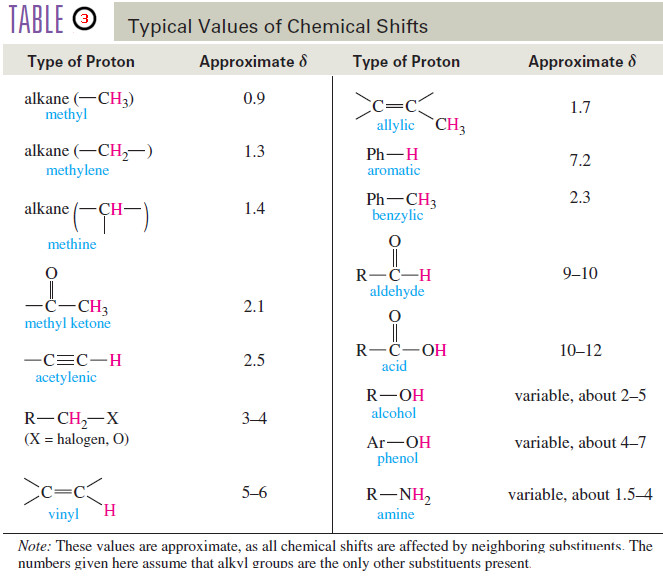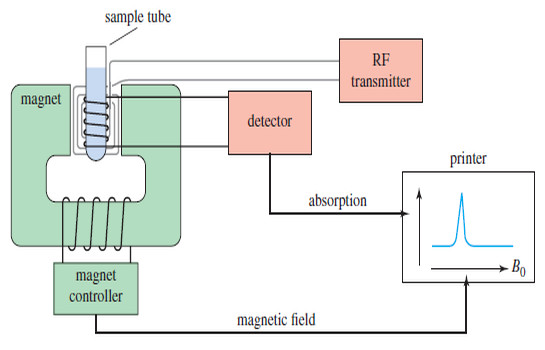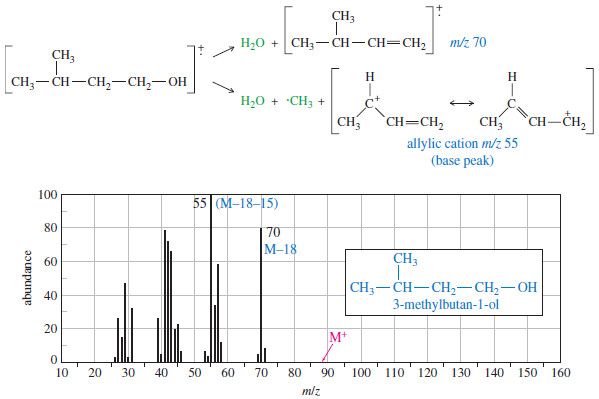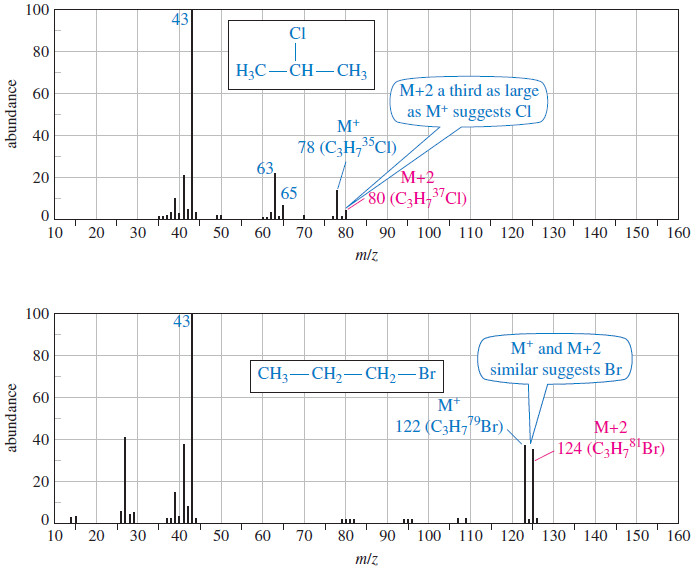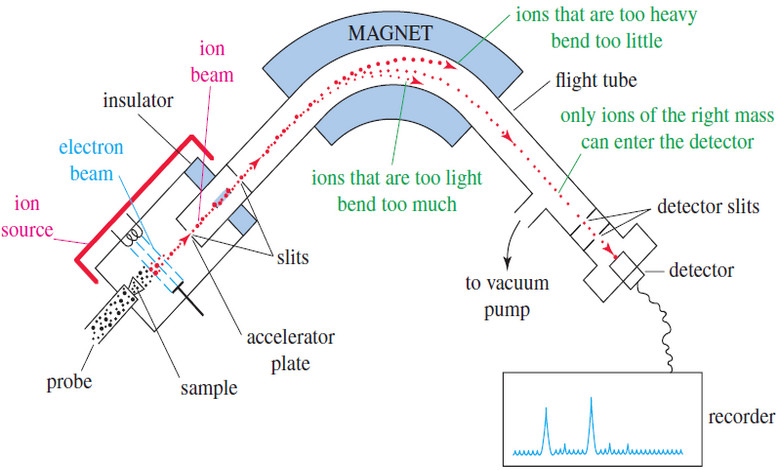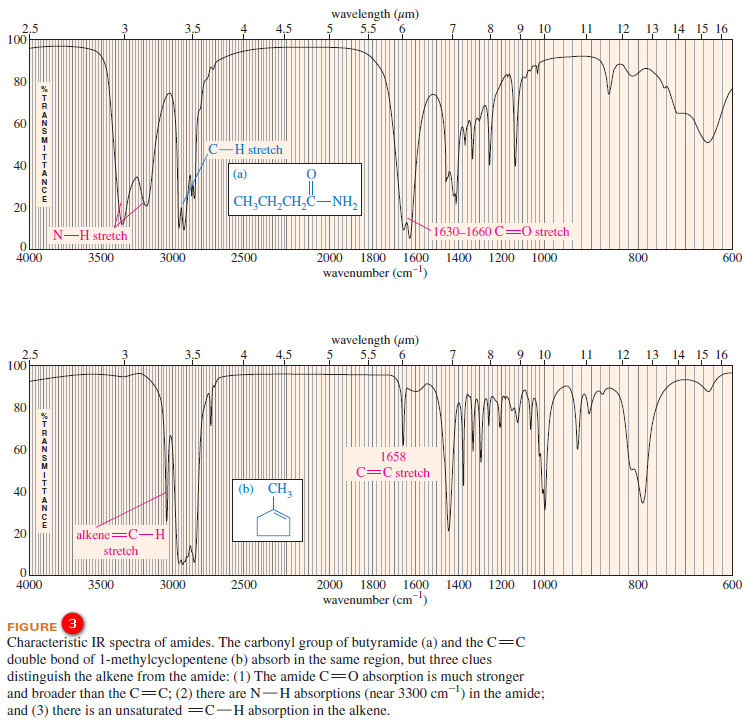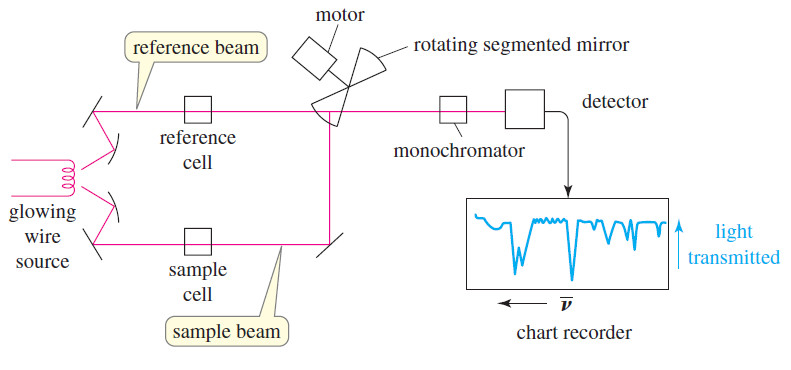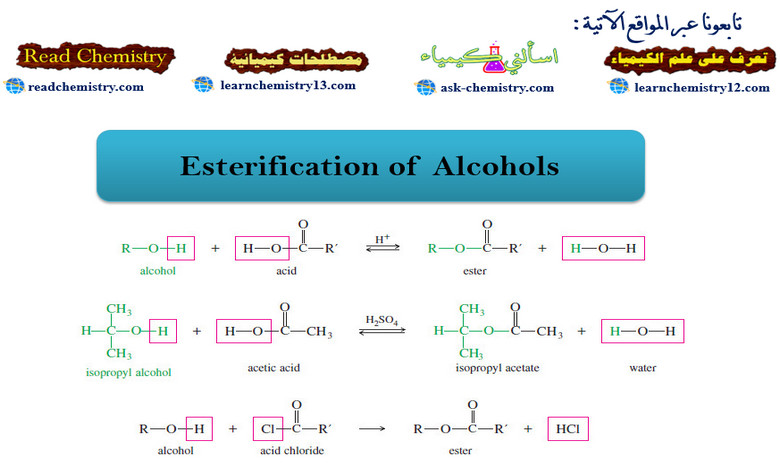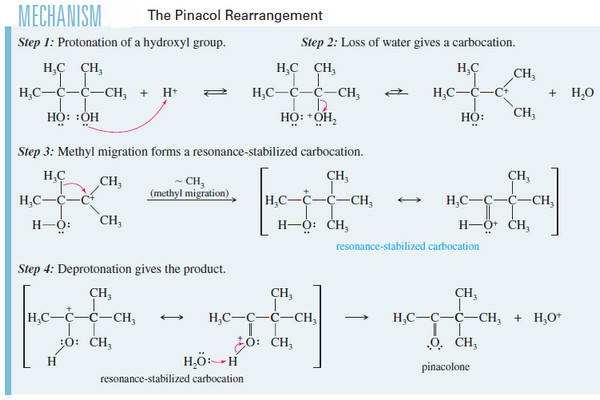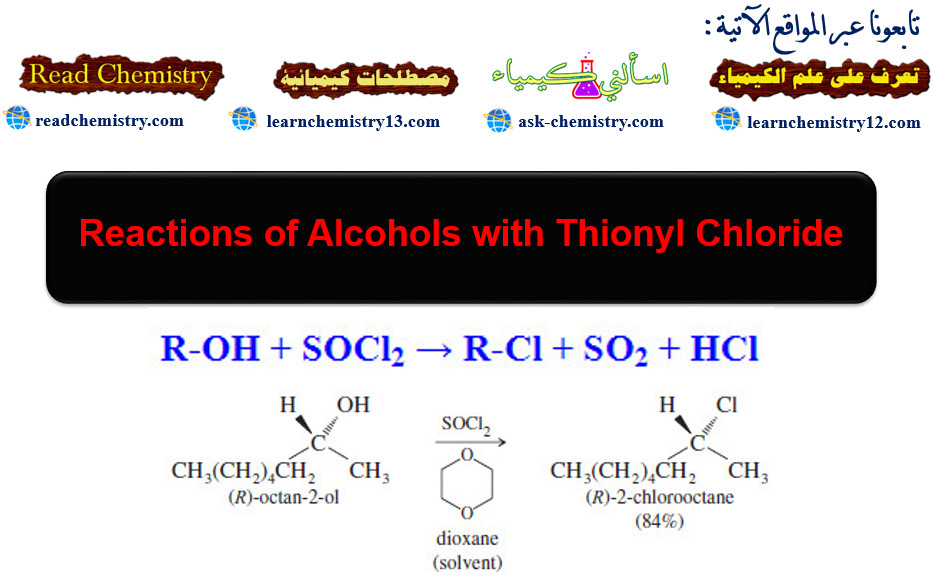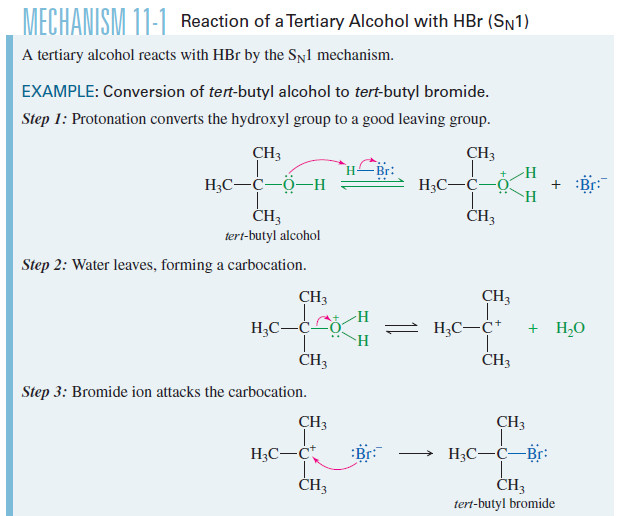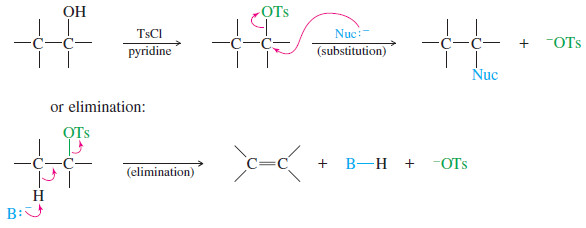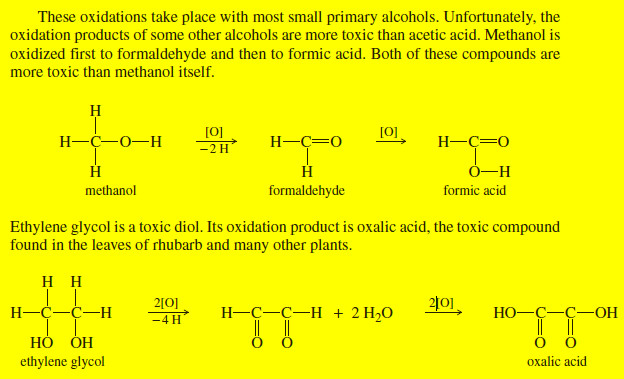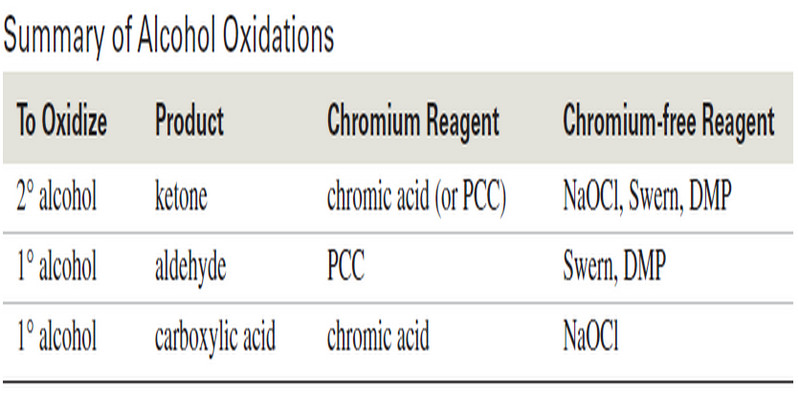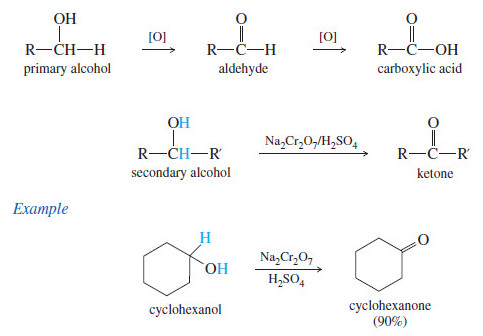Organic Chemistry
Organic Chemistry focuses on the structure, properties, and reactions of carbon-containing compounds. It’s essential in pharmaceuticals, polymers, and biochemistry, exploring mechanisms, functional groups, and synthesis of complex molecules.
-
Number of Signals in NMR Spectroscopy
The Number of Signals – In general, the number of NMR signals corresponds to the number of different kinds of…
Read More » -
Chemical Shift in NMR Spectroscopy
– In this topic, we will discuss the Chemical Shift in 1H NMR Spectroscopy. What is Chemical Shift? – The…
Read More » -
NMR spectrometer
What happens in an NMR spectrometer? – Before discussing the design of spectrometers, let’s review what happens in an NMR…
Read More » -
Fragmentation Patterns in Mass Spectrometry
– In this topic, we will discuss the Fragmentation Patterns in Mass Spectrometry. Fragmentation Patterns in Mass Spectrometry – In…
Read More » -
Determination of the Molecular Formula by Mass Spectrometry
Determination of the Molecular Formula by Mass Spectrometry – we can Determine the Molecular Formula by Mass Spectrometry and we…
Read More » -
Mass Spectrometry : Introduction
Mass spectrometry (MS) provides the molecular weight and valuable information about the molecular formula, using a very small sample. Introduction…
Read More » -
Characteristic Absorptions of Carbonyl Compounds
– In this subject, we will talk about Characteristic Absorptions of Carbonyl Compounds such as Ketones, Aldehydes, Amines, and Acids.…
Read More » -
Characteristic Absorptions of Alcohols and Amines
– In this topic, we will discuss the Characteristic Absorptions of Alcohols and Amines by examples. Characteristic Absorptions of Alcohols…
Read More » -
Hydrocarbons: Infrared Spectroscopy of Hydrocarbons
Infrared Spectroscopy of Hydrocarbons – Hydrocarbons contain only carbon–carbon bonds and carbon–hydrogen bonds. – An infrared spectrum does not provide…
Read More » -
IR Spectrum – Measurement of the IR Spectrum
– In this subject, we talk about how to Measure the IR Spectrum. Measurement of the IR Spectrum – Infrared…
Read More » -
Inorganic Esters – Esters of Inorganic Acids
Esters of Inorganic Acids – In addition to forming esters with carboxylic acids, alcohols form inorganic esters with inorganic acids…
Read More » -
Esterification of Alcohols
– In this subject we will talk about the Esterification of Alcohols. What are Alcohols? – Alcohols are organic compounds…
Read More » -
Reactions of Diols
Unique Reactions of Diols – Unique Reactions of Diols are: (1) The Pinacol Rearrangement (2) Periodic Acid Cleavage of Glycols…
Read More » -
Reactions of Alcohols with Thionyl Chloride
Reactions of Alcohols with Thionyl Chloride – Reactions of Alcohols with Thionyl Chloride give alkyl chloride. – Thionyl chloride (SOCl2)…
Read More » -
Reaction of Alcohols with Phosphorus Halides
Reaction of Alcohols with Phosphorus Halides – Reaction of Alcohols with Phosphorus Halides gives alkyl halides. – Several phosphorus halides…
Read More » -
Reactions of Alcohols with Hydrohalic Acids
– In this topic the Reactions of Alcohols with Hydrohalic Acids such as HBr , HCl are discussed Reactions of…
Read More » -
Alcohols as Nucleophiles and Electrophiles
Alcohols as Nucleophiles and Electrophiles; Formation of Tosylates – One reason alcohols are such versatile chemical intermediates is that they…
Read More » -
Biological Oxidation of Alcohols
– In this topic, the Biological Oxidation of Alcohols and their effect on the humans and animals will be discussed…
Read More » -
Additional Methods for Oxidizing Alcohols
Additional Methods for Oxidizing Alcohols – Many other reagents and procedures have been developed for oxidizing alcohols. – Some are…
Read More » -
Oxidation of Alcohols
Oxidation of Alcohols – Primary and secondary alcohols are easily oxidized (Oxidation of Alcohols) by a variety of reagents, including…
Read More »


